
At ISH, sustainability is the way we live and learn. It is embedded in our classrooms, our operations, and our outreach. Through our CSR framework and our three-year Strategic Implementation Plan (2025–2027), we align with the United Nations Sustainable Development Goals (SDGs) and ensure that responsibility is not an add-on, but part of every decision.
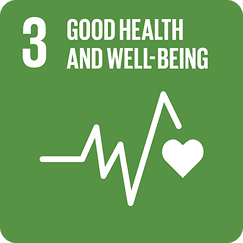
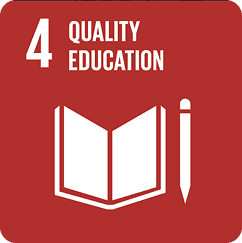
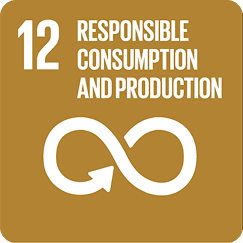

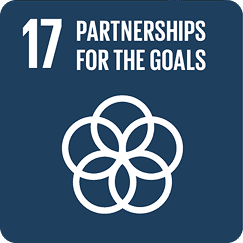
Sustainability at ISH is not taught in isolation; it is lived every day. Students are sensitised to it in classrooms, kitchens, and community projects. Every initiative becomes a practice in conscious hospitality, carried forward into their future lives and careers.
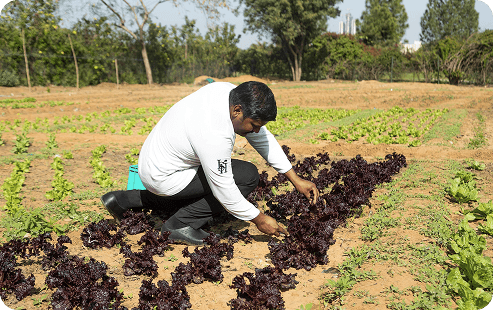
Oil waste recycling: 217 litres of cooking oil recycled into biofuels through BIOD.
Organic manure: 16,500 kilograms produced and reused since 2022.
Tree plantation: 1,000+ saplings planted in the past three years.
Zero plastics: single-use plastics eliminated from campus.
Plogging drives: 6 clean-up drives collecting 250 kilograms of litter.
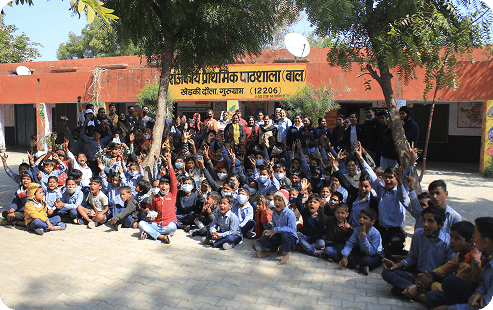
Farm-to-table learning: ~71,000 kgs of vegetables harvested at Ankuram farm for hands-on culinary education.
Paper to notebooks: 930 kgs of shredded paper repurposed into learning tools for children via Literacy India.
School visits: Outreach visits reaching 350+ underserved children each time with interactive learning.
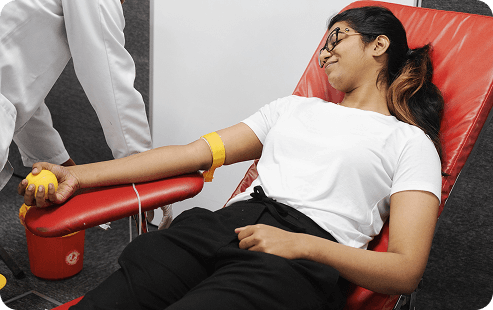
Blood donation drives: 8 drives, 40,000 millilitres of blood donated.
Mental health counselling: 1,486 students supported through 1,250+ sessions with YourDOST.
Wellness workshops: mindfulness, sports, and health awareness integrated into campus life.
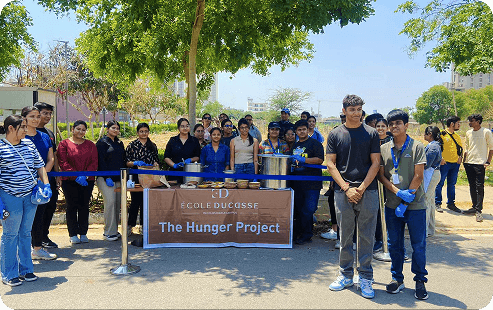
LGBTQ+ awareness: ~5 sessions every year, fostering sensitivity and inclusion.
Labour Day meals: Annual tradition of students and faculty serving meals to campus support staff.
Cloth donations: 500 kgs of garments distributed to local communities.
The Hunger Project: Weekend soup kitchens. Local ingredients. Shared gratitude.
Download our SDG & CSR Strategic Implementation Plan
Download PDF